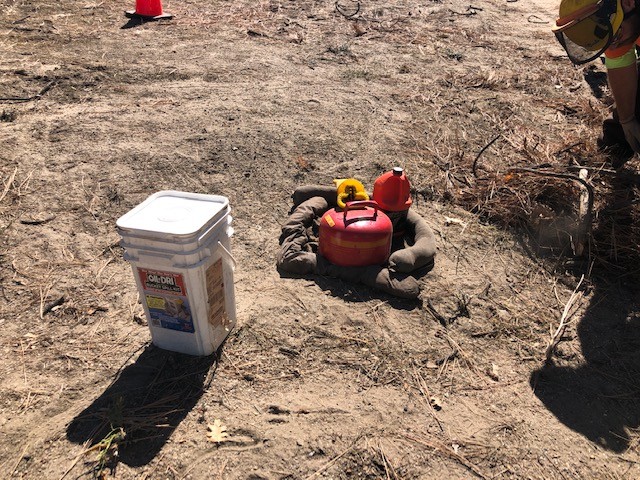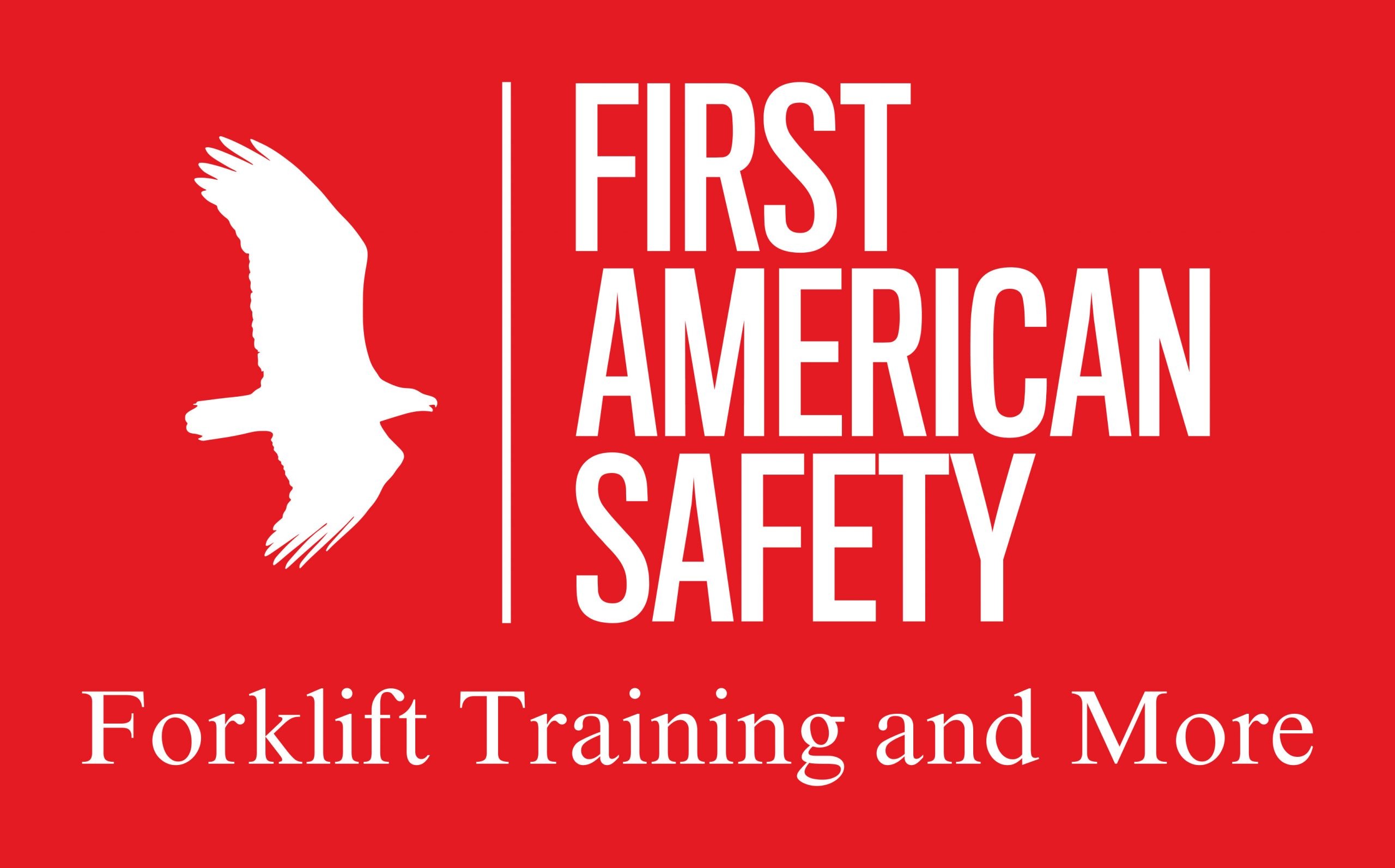Need some free safety meeting topics?
Gasoline – How to Work Safely with Gasoline
How to Work Safely with Gasoline Tailgate Safety Topic
Gasoline is one of the most commonly used chemicals in the world. It is used both on the job and in you non-work life. If mishandled, gasoline can also be one of the most dangerous common chemicals as well. Fire, explosion, and various health effects are the major hazards of gasoline. It is vital that we understand how to work safely with gasoline in all situations. Improper storage and use of gasoline leads to countless fires, burns, poisonings, chronic health effects, and property damages every year.
Gasoline Statistics
According to the National Fire Protection Association (NFPA), every year on average gasoline results in:

- ~500 burn deaths
- Thousands of burn injuries
- Over 6000 home fires
- Nearly a half billion dollars in property damage
- One gallon of gas has the explosive power of 20 sticks of dynamite!
What Makes Gasoline So Dangerous?
Gasoline is a highly volatile flammable liquid. The word volatile means a material that releases a large quantity of particles, vapors, or fumes which can catch a flame very easily. Gasoline vapors can travel to nearby sources of ignition and catch fire. Any spark, flame, heat source, and even electrical current can be a source of ignition. The vapors are heavier than air and can collect in low-lying areas. When the vapors ignite, they will flash back to the source of the vapor and start a powerful fire, or even an explosion.
Gasoline is a clear liquid that usually appears faintly brown or pink in color. It has a very distinctive odor. If you can smell the odor, there are enough vapors in the air to potentially ignite.
Gasoline Safety Tips
- Never smoke, light matches, use electronics, or do anything else that can cause a spark or source of ignition when working near gasoline or filling a fuel tank.
- Remember that gas fumes can travel and find an ignition source nearby.
- Handle gasoline only in well-ventilated areas.
- You should always turn off engines before fueling.
- If you are filling gas cans, the can must be placed on the ground. Never fill cans in the back of a car or truck.
- Store gasoline only in government-approved containers.
- Never use gasoline to ignite camp fires or charcoal grills.
- Never use gasoline as a solvent or cleaner. Similarly, never use gasoline to clean your hands.
- You should store gasoline only in cool, well-ventilated areas. Do not store it inside of occupied buildings.
- Before handling gasoline or fueling, touch a nearby grounded metal object to discharge static electricity. This is because even a small spark can ignite gasoline fumes.
